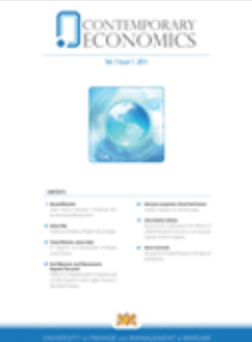Making work pay: increasing labour supply of secondary earners in low income families with children
Making work pay: increasing labour supply of secondary earners in low income families with children
Author(s): Anna Kurowska, Michał Myck, Katharina WrohlichSubject(s): Labor relations, Family and social welfare, Fiscal Politics / Budgeting, Socio-Economic Research
Published by: Akademia Ekonomiczno-Humanistyczna w Warszawie
Keywords: labor supply; tax-benefit system; microsimulation; family policy;
Summary/Abstract: In-work support through the tax-benefit system has proved to be an effective way of increasing the labor supply of lone mothers and first earners in couples in a number of OECD countries. At the same time, these instruments usually create negative employment incentives for secondary earners. This in turn reduces the potential of in-work support to address the joint objectives of higher employment and lower poverty levels. In this paper, we present a simulation exercise to examine labor supply implications of a diverse set of possible reforms to the main elements of tax and benefit support for families with children. We set the analysis in the context of the Polish tax and benefit system and show how an adequate combination of increased generosity of support with the introduction of a “double earner” premium may result in an increased labor supply of first and second earners in couples. The simulated reactions are concentrated in the lower half of the income distribution, thus increasing the potential of in-work support to alleviate poverty.
Journal: Contemporary Economics
- Issue Year: 11/2017
- Issue No: 2
- Page Range: 161-170
- Page Count: 10
- Language: English

